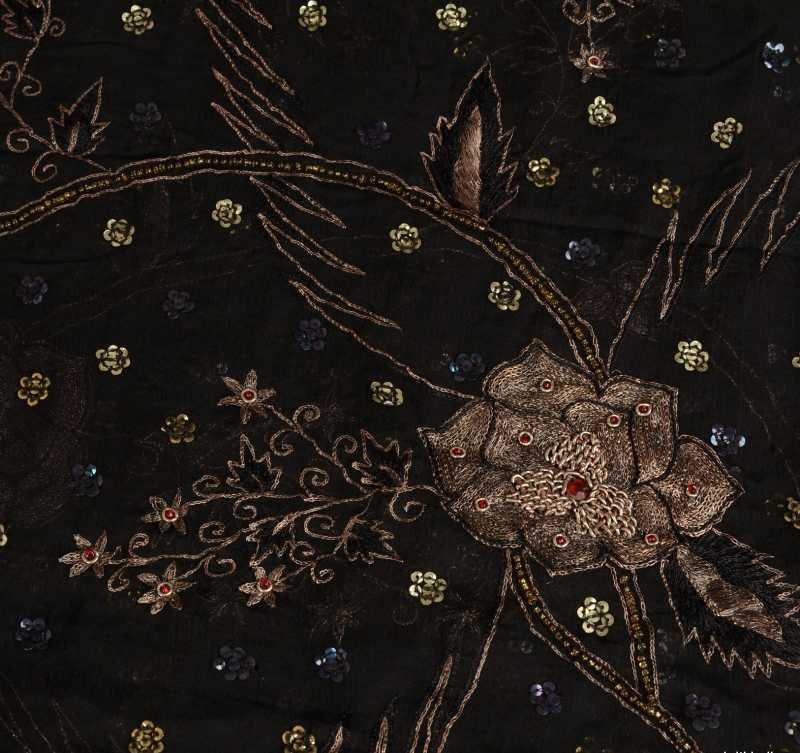===
0866,
8
===

=== |
 |
FWP:
SETS
MOTIFS == [LOVER AS BIRD]
NAMES
TERMS == 'UNATTAINABLY SIMPLE'It's such a simple-looking verse in its structure and its words, yet it's been made so exciting by its newness and so complex by its ambiguities. To me it even feels like a specially, brilliantly, 'unattainably simple' verse-- what is it except a single unpretentious statement (possibly in the presumptive)?
The statement itself can be so simple because the necessary background knowledge required for interpretation has been outsourced to the ghazal world in general. And also because in creating the underlying ambiguities, Mir has taken such clever advantage of the intricacy of that world. And then, SRF has explicated its subtleties so persuasively. It's such a pleasure to read and contemplate 'simple' verses like this one.